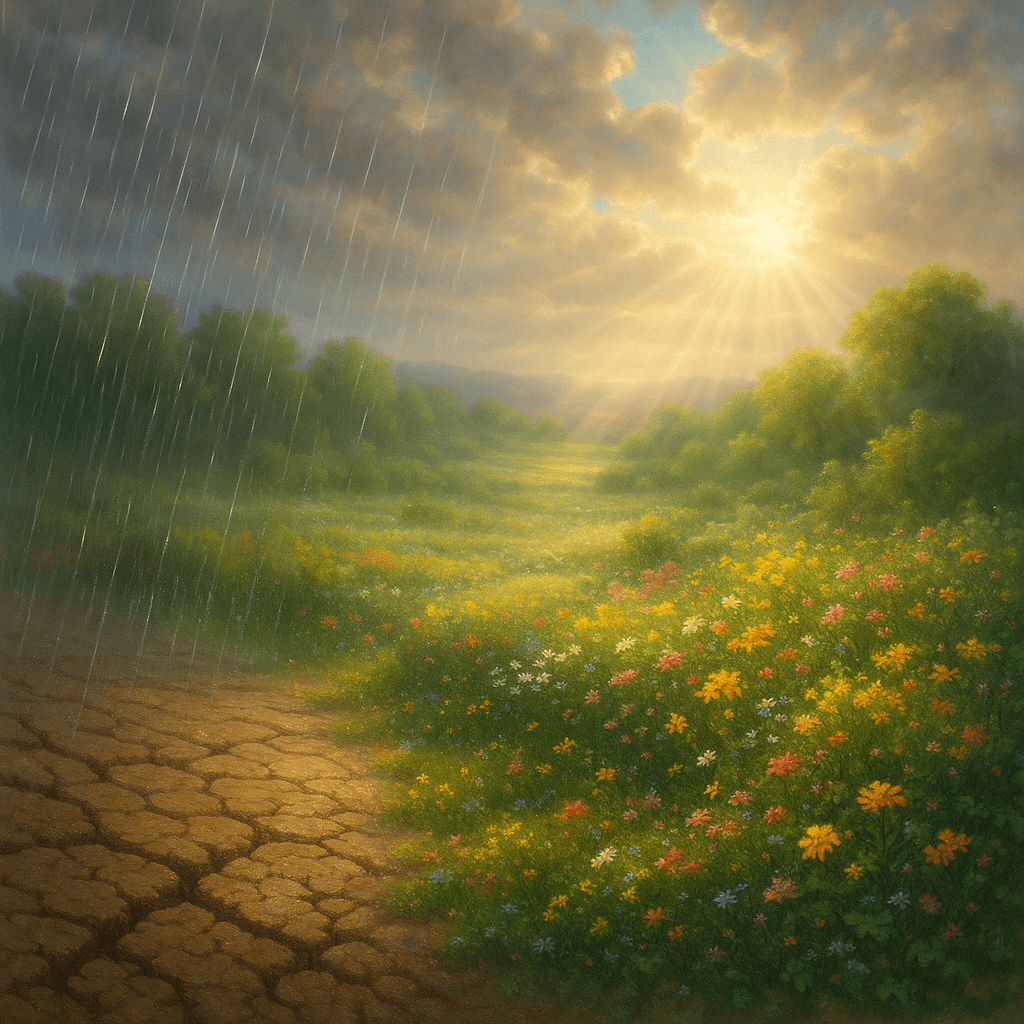The Fusion of Faith and Action in Fulfillment

In action, faith is fulfillment. — William Blake
Blake’s Vision: Linking Faith with Deeds
William Blake’s concise statement captures a dynamic interplay: faith, he argues, is fully realized only when coupled with action. Rather than viewing belief as a passive sentiment, Blake urges us to see it as an energizing force—one that seeks expression and validation in concrete deeds. In this view, faith dormant is incomplete; it finds fulfillment solely in action.
Historical Roots in Religious and Philosophical Thought
Connecting Blake’s insight to broader intellectual traditions, many ancient texts stress the necessity of active faith. The Epistle of James in the New Testament, for example, famously declares, ‘faith without works is dead’ (James 2:26). Similarly, Eastern philosophies like the Bhagavad Gita advocate for acting in alignment with one’s principles, underscoring that conviction alone is insufficient for spiritual progress.
Artistic Creation as Faith Embodied
Blake himself embodied this philosophy, both as a poet and painter. His creative process exemplified the fusion of vision and action: inspired by powerful spiritual and social convictions, he brought his beliefs to life in vibrant works of art, such as his illuminated poetry in ‘Songs of Innocence and of Experience’ (1789–1794). Through this, he modeled how action transforms faith into tangible fulfillment.
Modern Psychology and the Value of Acting on Beliefs
Transitioning to contemporary thought, psychologists have shown that acting in accordance with one’s beliefs leads to greater well-being and a sense of integrity. Theories like cognitive dissonance, as introduced by Leon Festinger (1957), suggest discomfort arises when there’s a gap between belief and behavior—implying that fulfillment is achieved only when faith motivates action.
Living a Fulfilled Life Through Action
Ultimately, Blake’s message serves as a call to purposeful living. Rather than allowing faith to remain abstract, we are challenged to manifest our values in everyday choices. Whether through artistry, activism, or daily kindness, the act of translating belief into action becomes the pathway to true fulfillment. Thus, in acting upon our faith, we complete the cycle that Blake so eloquently describes.